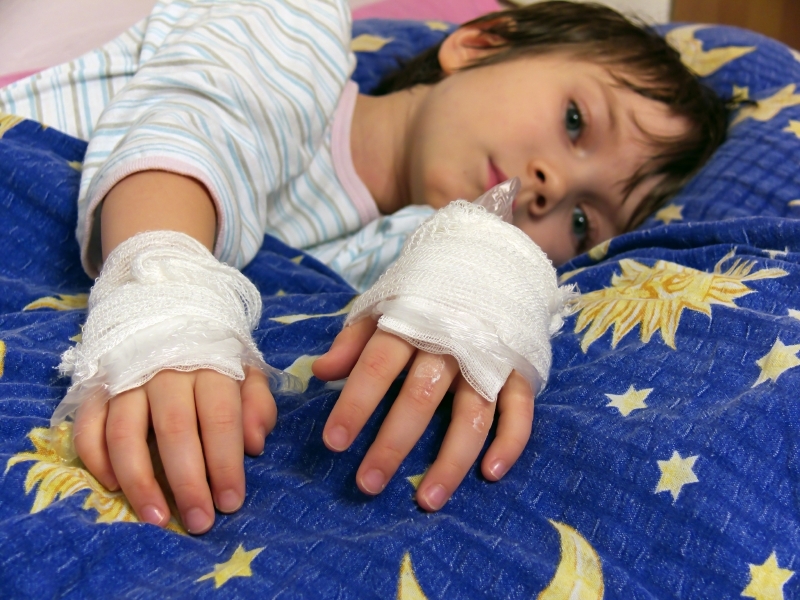Every year, more and more kids become involved in sports and they start playing at younger and younger ages. Three-year-olds can be seen running around on the soccer field learning how to kick the ball and play as a team. Tackle football starts as young as age six in some areas of the country. With all of these young athletes on the field, it is no wonder that sports-related injuries are also becoming more common. In a survey of 1000 young athletes conducted by Safe Kids Worldwide, 9 out of 10 said they had been injured playing a sport, and more than half have continued playing with an injury. The big question then becomes, how can we prevent injuries in young athletes?
5 Tips to Help Keep Your Young Athletes Safe
- Have properly fitting equipment.
Some sports require lots of equipment (i.e football and hockey), while others don’t take much at all. It is important for all required equipment to be in good condition and to fit properly so that it can do its job in preventing injury. USA Football (usafootball.com) gives excellent guidelines for the proper fitting of football helmets. Coaches and parents should take the time to ensure proper fit.
- Wear a mouthguard!
I am a huge advocate for kids wearing mouthguards in all sports. Although it doesn’t prevent concussion, it does prevent dental trauma which can be traumatic and painful for a child. Mouthguards can either be bought at a sporting goods store and fitted at home or be fitted and molded by your child’s dentist. Either works in protecting the teeth.
- Good supervision
Make sure that your young athletes have proper supervision on the field and in the weight room. Proper technique for strength training is the key to avoiding injuries. Appropriate warm ups and cool downs are also important and should be supervised by coaching staff. Coaches also need to know when to keep an athlete out if injured.
- Hydration and Nutrition
In order to play well, athletes need to eat right and drink plenty of fluids. Water is the best way to hydrate (sports drinks should be used only if activity is going over an hour). The key is to drink before, during, and after practice or games. During the hot summer months, adequate drink breaks and water should be provided. It is good to have a small snack before activity and then something rich in carbohydrates and protein after (i.e. chocolate milk).
- Avoid overuse and burnout
Allow kids to try out different sports—this will allow development of new skills and to avoid overusing the same joints and muscles, preventing injury.
Sports are great for kids—they teach teamwork, discipline, and keep kids healthy. Injury will always be a concern but if you can follow the above rules, you may be able to keep your child happy and healthy on the field.






Comments